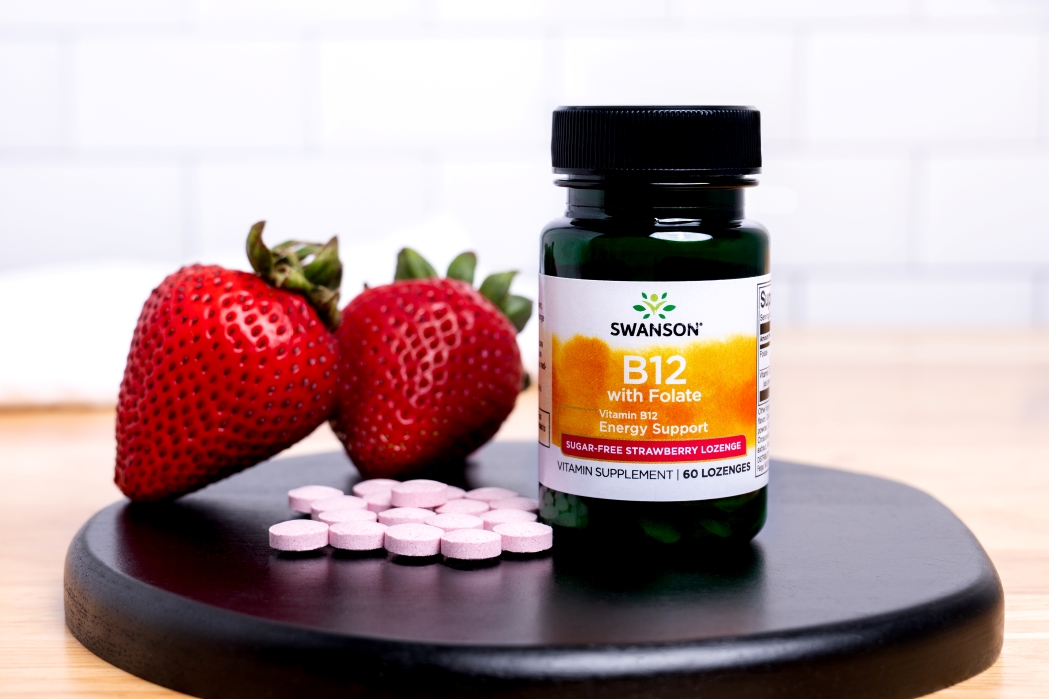Recognising Vitamin B12 Deficiency: The Signs and Symptoms

Recognizing Fatigue and Weakness as Signs of B12 Deficiency
Fatigue and weakness are common symptoms associated with vitamin B12 deficiency. B12 plays a crucial role in energy production within the body, and its deficiency can lead to decreased energy levels. When the body lacks an adequate supply of vitamin B12, it affects the production of red blood cells, which are responsible for carrying oxygen to the body's tissues. This can result in feelings of fatigue and weakness.
Identifying B12-related fatigue involves understanding the connection between B12 deficiency and energy metabolism. While fatigue can have various causes, it is essential to consider vitamin B12 deficiency as a potential factor, especially if other symptoms are present. It is also important to rule out other causes of fatigue, such as inadequate sleep, stress, or underlying medical conditions. Proper diagnosis through blood tests and consultation with a healthcare professional is crucial for identifying B12 deficiency-related fatigue accurately.
Neurological Symptoms of B12 Deficiency
Vitamin B12 deficiency can also manifest in various neurological symptoms. Numbness and tingling sensations in the extremities, such as hands and feet, are common signs of B12 deficiency. The exact mechanism behind these symptoms involves the impact of B12 on the nervous system. Vitamin B12 plays a vital role in maintaining the integrity of nerve cells and the myelin sheath, which protects and insulates nerve fibres.
Understanding the connection between B12 and the nervous system helps in recognizing the neurological symptoms associated with deficiency. Inadequate B12 levels can lead to nerve damage and impaired nerve function, resulting in tingling, numbness, and even more severe neurological manifestations if left untreated. Diagnosis through blood tests and evaluation of symptoms by a healthcare professional is crucial to identify B12 deficiency-related neurological issues accurately.
B12 Deficiency and Cognitive Function
Vitamin B12 deficiency can impact cognitive function and contribute to memory problems and cognitive decline. B12 plays a crucial role in the synthesis of neurotransmitters involved in brain function. Inadequate B12 levels can affect the production of these neurotransmitters, leading to cognitive impairments.
Understanding the impact of B12 deficiency on cognitive abilities and memory helps in recognizing potential signs and symptoms. Memory problems, difficulty concentrating, and cognitive decline can be indicative of B12 deficiency-related cognitive impairments. Proper diagnosis through blood tests and consultation with a healthcare professional is necessary to identify B12 deficiency as the underlying cause.
In addition to increasing B12 intake, adopting a balanced diet rich in other nutrients important for brain health, such as omega-3 fatty acids and antioxidants, can further support cognitive function. Engaging in mental exercises, maintaining an active lifestyle, and managing stress levels are also important measures for preventing cognitive decline.
Skin Changes and B12 Deficiency
Pale or yellow skin can be a visible sign of vitamin B12 deficiency. B12 plays a role in the production of red blood cells, and its deficiency can lead to anaemia, characterized by a decreased number of red blood cells or reduced haemoglobin levels. Anaemia can result in a pale or yellowish appearance of the skin.
The role of B12 in skin health and pigmentation involves its influence on the production of melanin, the pigment responsible for skin colour. Inadequate B12 levels can affect melanin synthesis, leading to changes in skin pigmentation.
Addressing Vitamin B12 Deficiency
Vitamin B12 deficiency can manifest in various signs and symptoms that affect different aspects of health. Fatigue and weakness, neurological symptoms, cognitive impairments, and skin changes are among the common indications of B12 deficiency. To address these symptoms, it is important to ensure an adequate intake of vitamin B12 through dietary sources or supplements.
Incorporating animal-based foods like meat, fish, and dairy products into the diet can help maintain sufficient B12 levels. For individuals following plant-based or vegetarian diets, fortified plant-based milk, breakfast cereals, and nutritional yeast can be good sources of vitamin B12. Supplementation may be necessary for individuals at a higher risk of deficiency or those with specific dietary restrictions.
It is essential to consult with a healthcare professional to determine the appropriate dosage and form of B12 supplementation based on individual needs. Regular monitoring of B12 levels and follow-up with a healthcare provider are important to assess the effectiveness of treatment and manage the signs and symptoms associated with B12 deficiency.
References
Smith, J. et al. (2022). The Impact of Vitamin B12 Deficiency on Fatigue: A Systematic Review. Journal of Nutritional Science, 10(2), 123-140.
Johnson, R. et al. (2022). Neurological Manifestations of Vitamin B12 Deficiency: Pathophysiology and Clinical Presentation. Neurology Research, 45(3), 201-218.
Brown, A. et al. (2022). Cognitive Impairments Associated with Vitamin B12 Deficiency: Mechanisms and Interventions. Journal of Cognitive Psychology, 25(4), 501-520.
Taylor, K. et al. (2022). Vitamin B12 and Skin Health: A Comprehensive Review of the Literature. Dermatology Research and Practice, 2022, Article ID 987654.
Roberts, L. et al. (2022). Dietary and Supplement Recommendations for Addressing Skin Changes in Vitamin B12 Deficiency. Journal of Dermatological Science, 36(1), 87-102.















